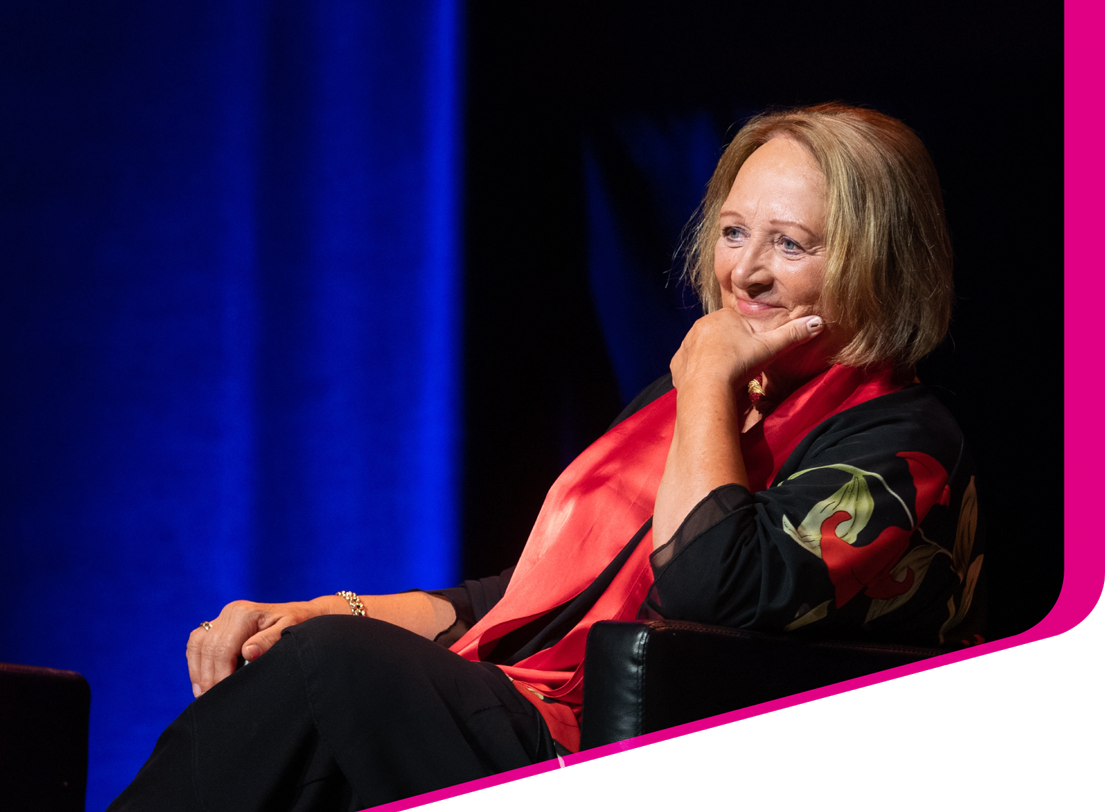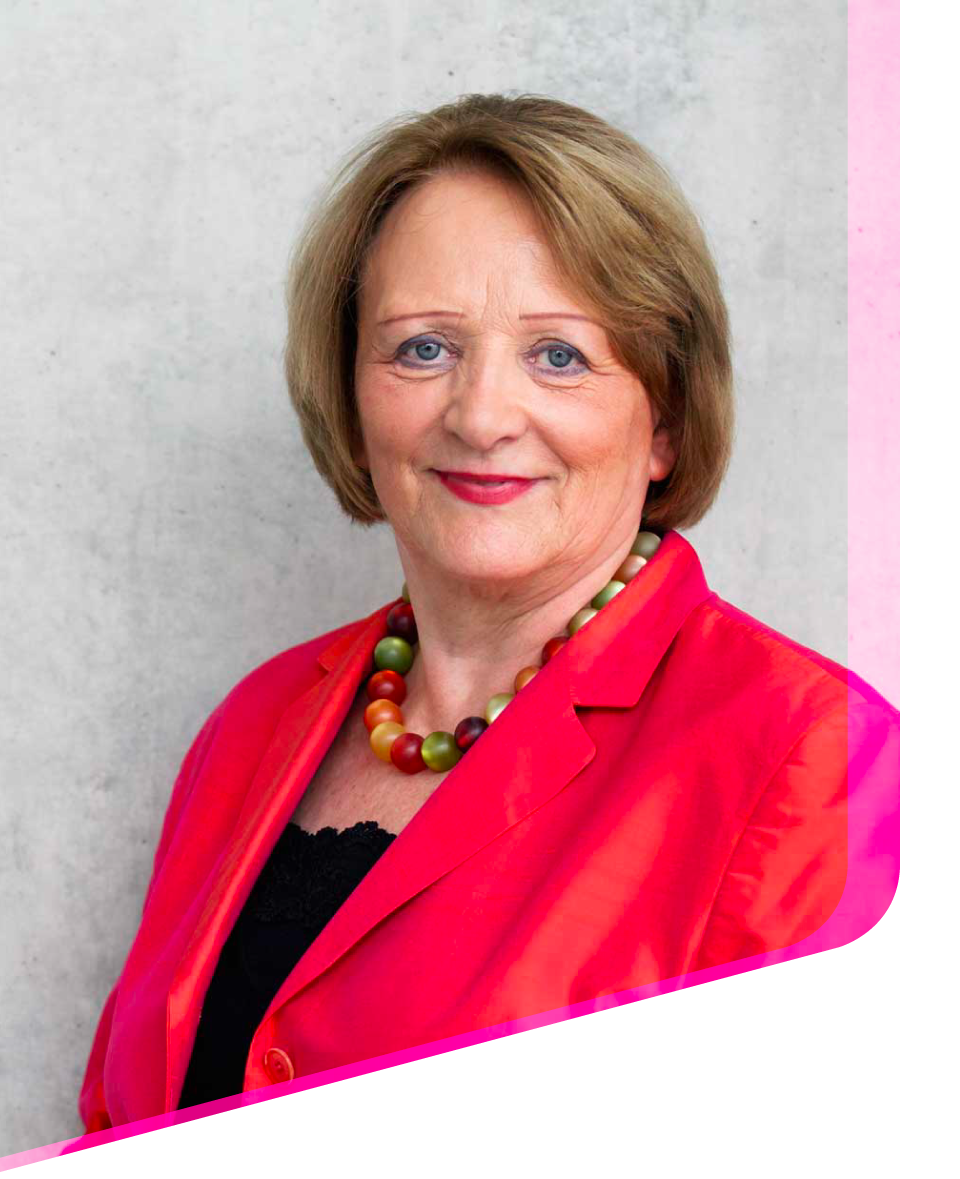
Sabine
Leutheusser-Schnarrenberger
Sabine
Leutheusser-Schnarrenberger
Sabine
Leutheusser-Schnarrenberger
Foreword
Foreword
Foreword

Sabine
Leutheusser-Schnarrenberger
Foreword
“Defending civil society means defending the very soul of democracy.”
Democracy does not live by institutions and laws alone. It depends on citizens who are willing to take responsibility - whether in public office, in political parties, or through civic engagement. Without this active commitment, it loses its substance. Institutions can guarantee rights on paper, but only people who claim and defend them make those rights effective.
Especially where state structures come under pressure or are deliberately weakened, civil society plays a special role. Organizations and committed individuals document human rights violations, provide public education, defend minority rights, and create spaces where free expression is possible. In doing so, they keep the core of democratic culture alive. They often do this at great personal risk, facing defamation, threats, and state persecution.
We find examples in all parts of the world, some of which are portrayed in this publication: In Ukraine, Tetiana Katrychenko and her team are working to document Russian war crimes, fully aware that it may take years and that the Russian leadership will likely not be brought to trial. Nevertheless, their work is indispensable for preserving evidence and giving victims a voice. In Hungary, Eszter Polgári defends the rights of LGBTQI+ people against the pressure of rampant right-wing populism, thereby strengthening the protection of minorities despite growing hostility. And in Georgia, Vasil Zhizhiashvili appeals to the international public not to ignore the threat to democratic structures. He makes clear that the commitment to democracy transcends national borders.
This year’s edition of the FNF publication Human Rights Defenders: Civil Society Representatives also commemorates Gerhart R. Baum, who passed away this year. His life’s work unites state responsibility with a steadfast commitment to individual freedom. As Federal Minister of the Interior, he defended civil liberties against attempts to weaken and erode them. As a lawyer, he fought for those who had no voice or whose voices risked being drowned out by the noise. And as a liberal, he was convinced that human dignity is the foundation of every just order.
Gerhart Baum showed that democracy demands more than institutional stability. It requires people who are prepared to defend freedom even in difficult times. In his essay Besinnt Euch he wrote: “We are not powerless [and] we have the right and the duty to resist injustice.” This stance connects him with the people featured in this publication. Their stories make it clear: democracy is not a given. It must be protected anew every day - by institutions, by political leaders, and above all by active citizens. Gerhart Baum urged us to turn our gaze “to all the brave people who risk their lives for freedom in dictatorships and autocracies.” He wanted us to tell their stories and honor them with awards, so that they receive public recognition.
We want to honor that wish with this publication. I invite all readers to engage closely with the stories told here. They are moving and harrowing, but also encouraging, because they show how much strength and courage even a single person can muster. This publication is not only a collection of reports, but also a call to action: to policymakers, to expand the scope of activity for civil society; to society, to support the defenders of freedom and human rights; and to each individual, to take their own responsibility in the democratic community seriously.
For the strength of democracy is revealed not only in elections or constitutions, but in whether its values are lived even in difficult times.
Sabine Leutheusser-Schnarrenberger
Deputy Chair of the Board
of the Friedrich Naumann Foundation for Freedom;
Former Federal Minister of Justice of Germany
Foreword
